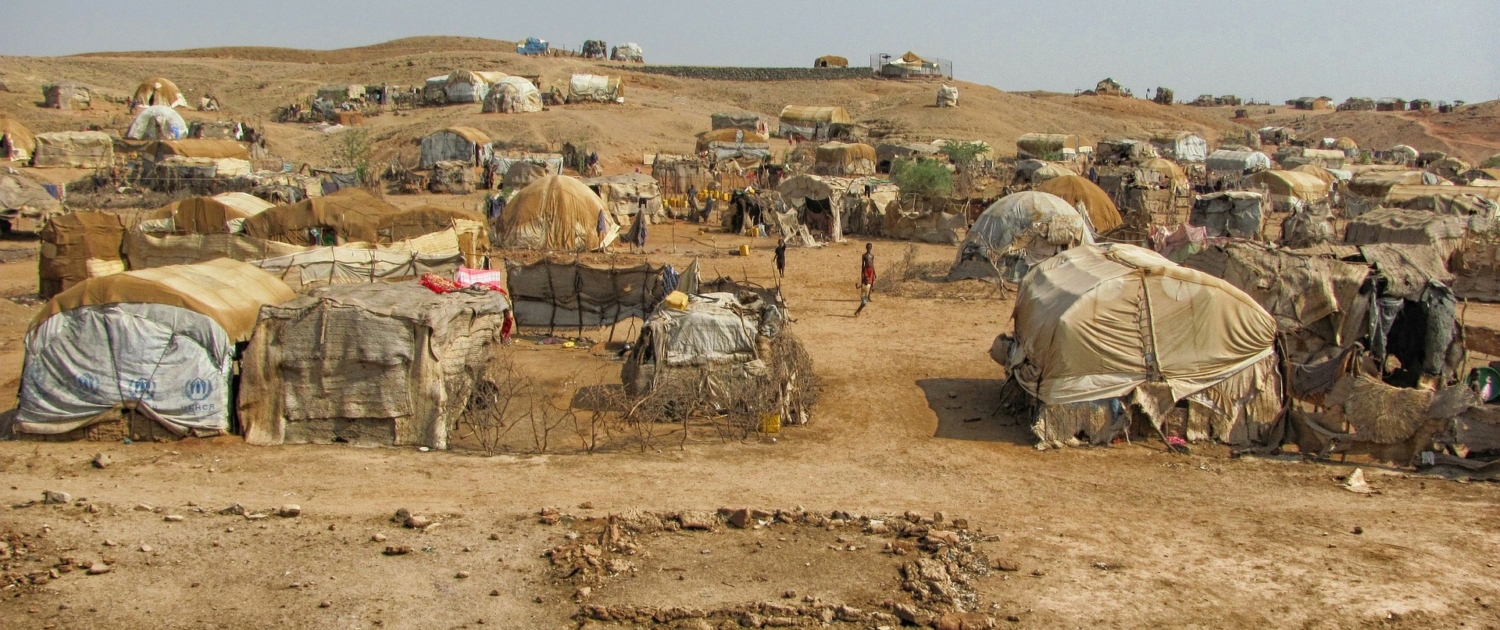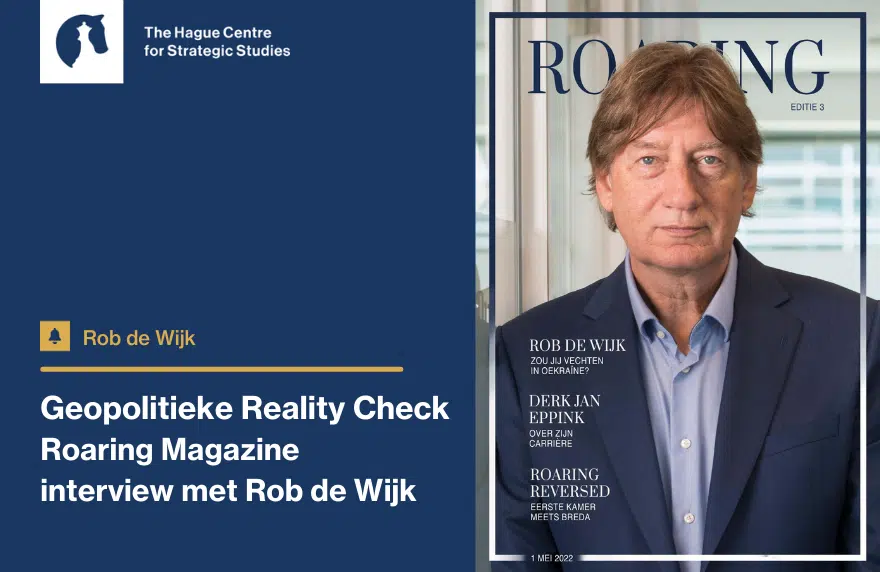Aangejaagd door radicale, populistische leiders veroorzaakte de migratiecrisis van 2015 een politieke crisis in de Europese Unie die de fundamenten van onze democratie en welvaart raakte. Dat de situatie nog niet genormaliseerd is, bleek deze week.
Afgelopen dinsdag kopte Trouw dat de Duitse crisis bezworen was. Hoezo bezworen? Als Duitsland ervoor kiest opvangkampen voor vluchtelingen in het zuiden van Beieren te bouwen en de grens sluit voor immigranten die al in een ander land zijn geregistreerd, veroorzaakt Duitsland een existentiële crisis voor de gehele EU.
Behalve voor migranten die zich per parachute rechtstreeks vanuit Afrika laten droppen of via een vrijwillig herverdelingsplan in Duitsland terechtkomen, zal vrijwel elke migrant worden teruggestuurd. Want wie wordt er niet eerst in landen als Italië of Griekenland geregistreerd?
De reactie van Oostenrijk was dan ook voorspelbaar: wij hoeven de migranten niet die door Duitsland worden geweigerd. Dus kondigde Oostenrijk aan zijn eigen opvangkampen en grenscontroles weer te zullen instellen. Als deze kettingreactie op gang komt, heeft de aanstichter van de Duitse crisis, minister van binnenlandse zaken Seehofer, een pyrrusoverwinning geboekt en de Europese crisis verdiept.
Het gevaar van de Duitse oplossing is dat de eenheid binnen de Europese Unie definitief in duigen valt, het afgelopen is met de Europese solidariteit en één van de pijlers onder onze welvaart wordt aangetast als het vrije verkeer van personen en goederen wordt opgeofferd. En dat terwijl de migratiecrisis allang geen crisis meer is. Vergeleken met 2015 is de toestroom met ongeveer 95 procent afgenomen.
Kosten en baten
De kern van het probleem is dat plannen voor opvang- of transitiecentra de kosten-batenanalyse van migranten niet beïnvloeden. Sterker, dit soort centra geven hoop op asiel of een verblijfsvergunning, ook al is die kans miniem.
De kosten-batenanalyse van migranten wordt ook niet beïnvloed door de afspraak van de Europese Raad van afgelopen week om nieuwe opvangcentra in bijvoorbeeld Italië op te richten en uitgewezen migranten vrijwillig naar Afrika te laten terugkeren.
Wat beïnvloedt hun calculatie dan wel? Simpel: de onmogelijkheid om Europa überhaupt te bereiken. Wie weet dat er geen hulp van ngo’s komt wanneer je op de Middellandse Zee dreigt te verdrinken, dat de Libische kustwacht je boot weer terug naar Afrika sleept, of dat migrantenschepen niet worden toegelaten tot Europese havens zal twee keer nadenken om in een bootje te stappen.
De volgende stap is ‘ontschepingsplatforms’ waarbij migranten terug worden gebracht naar Afrika en in kampen worden opgevangen die door de Europese Unie worden betaald. Nu nog vrijwillig, maar later ongetwijfeld afgedwongen.
Ethische spagaat
Dit soort praktijken leidt tot een ethische spagaat. Vanuit humanitair oogpunt zijn er grote vraagtekens bij te zetten. Tegelijkertijd is het evident dat groepen binnen onze samenlevingen deze immigratie niet langer accepteren. Zij zijn bereid hun lot in handen te leggen van antidemocratische populisten. En ze zijn bereid onze welvaart te ondermijnen door de grenzen te sluiten en de EU op te offeren.
Het besef dat door de immigratie deze waarden en verworvenheden op het spel staan, maakt de weg vrij voor draconische maatregelen waarbij de medemenselijkheid het eerste slachtoffer wordt.
Lees wekelijks de column van Rob de Wijk in Trouw





